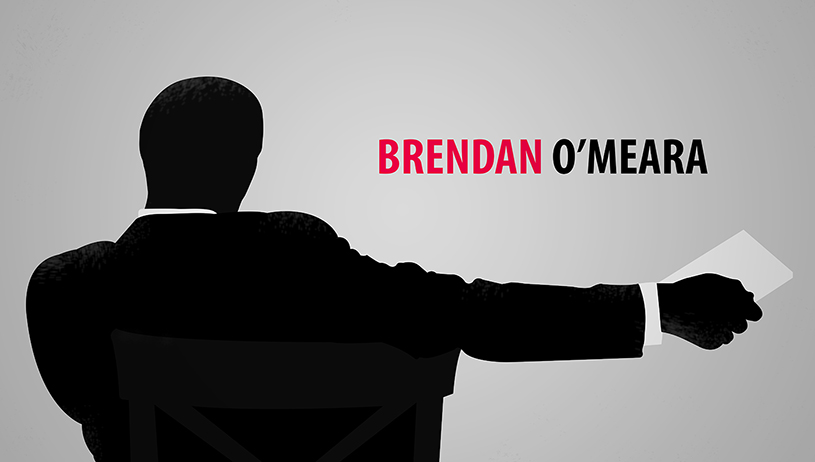Written by Brendan O’Meara
A funny thing happened. In an effort to connect better with readers I had started writing every day on this blog (I’ve since moved that every-day writing to my journal, something I’ll get to in another post.).
I figured since I’ve got a smattering of email subscribers, the total of which could field two football teams, writing every day may be welcome. False. I wrote every day, was feeling good, only to find that instead of gaining more readers, five left. I guess they got their free signed book and peaced out. Such is life. I’m thankful to have had them for a brief time.
I did find it mildly irritating that the more I fed the blog, the less weight it gained. It’s like I fed it celery. These things happen. But you’re still here … for now … and so I’ll give you some cool stuff I’ve stumbled upon.
I got this great quote from Austin Kleon’s blog. You need to be reading his work and especially his books Steal Like an Artist and Show Your Work. Just makes you want to make stuff! Here’s the quote:
Don’t make stuff because you want to make money — it will never make you enough money. And don’t make stuff because you want to get famous — because you will never feel famous enough. Make gifts for people — and work hard on making those gifts in the hope that those people will notice and like the gifts. —John Green
Make gifts for people (readers). They’ll reward you in kind. Perhaps. Ha!
The Importance of Endings
I’ve been into screenplays recently. I’ve read The Dark Knight Trilogy screenplays but also The Grand Budapest Hotel. In The Dark Knight Trilogy book, there’s a wonderful interview at the beginning with the writers and director of the movies. Christopher Nolan, director and writer on all the movies, said:
For me, endings are everything. I did have the same thing on The Dark Knight. Once I figured out the feeling I wanted to get at the end of that film, then I knew I had a project that I wanted to get into. For me, that’s everything in this kind of story, to know where you want it to go. (emphasis mine) And then it took years and years for all of us to figure out how to get there.
I’ve written about the ending to The Dark Knight on this blog before and how I think it’s one of the strongest movie endings in all of cinema. Nolan nails his endings every time. The ending to Inception still has people wondering what was real and what wasn’t. The Prestige is brilliant on every level, especially its coda. The Dark Knight and The Dark Knight Rises leave you with goosebumps every time. Well, me, I suppose.
